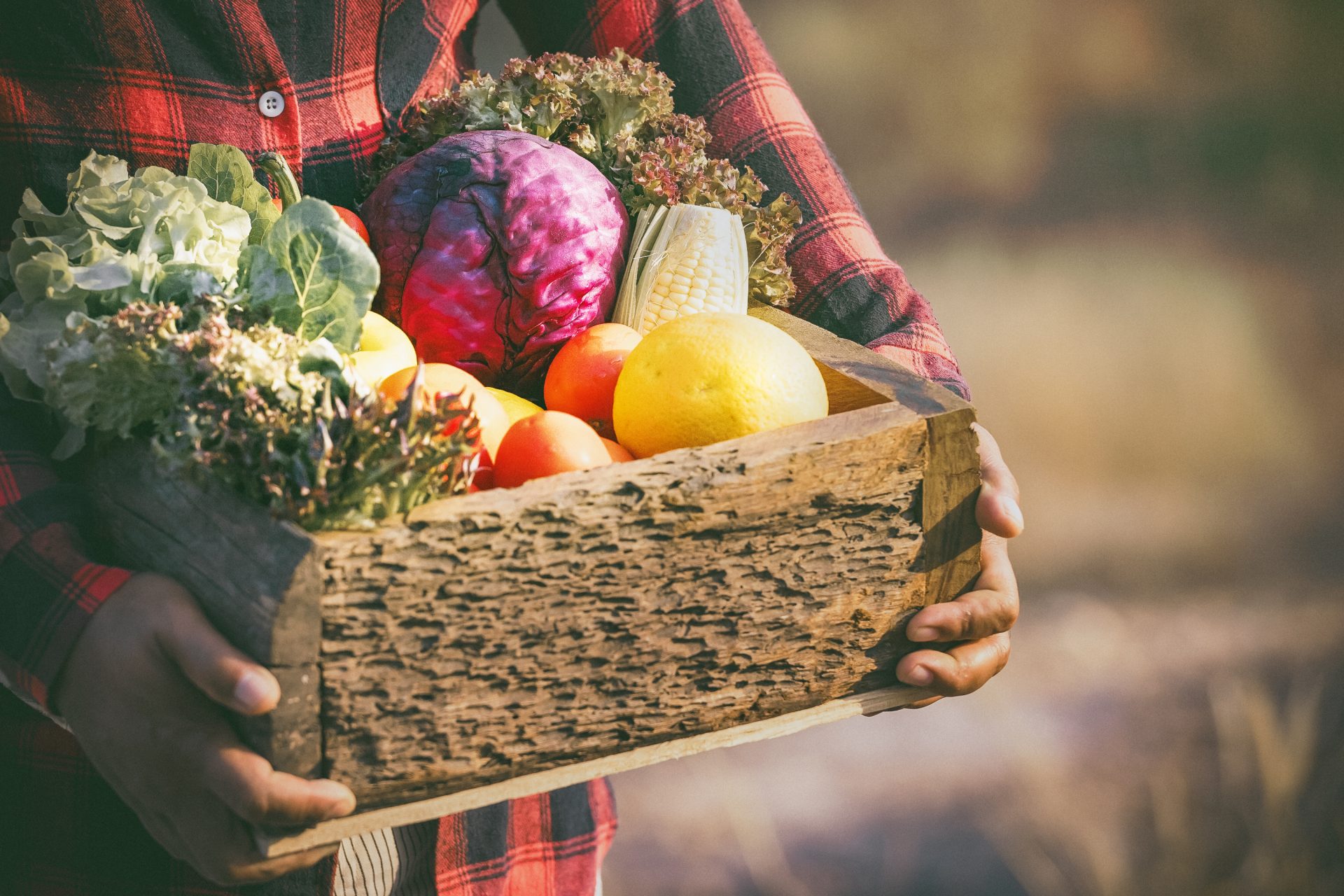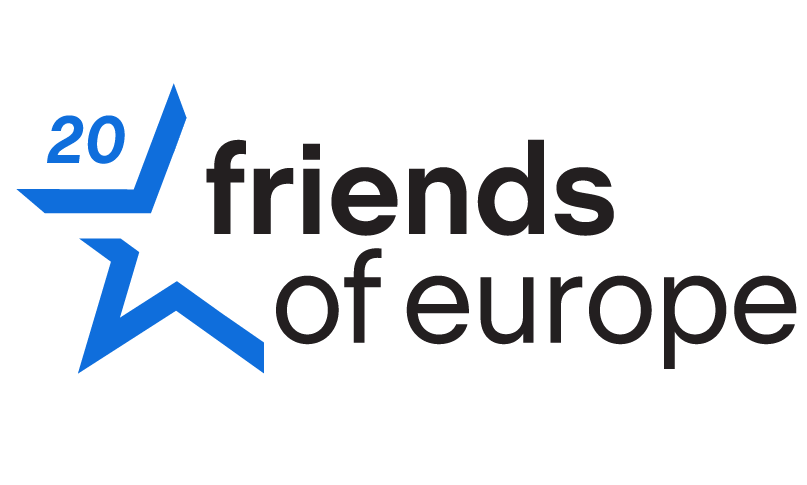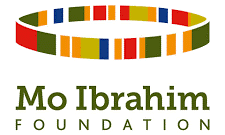
About Africa Europe Days
As Africa and Europe seek to re-set their partnership, Friends of Europe is engaging with its partners across both continents about the long-term vision, as well as the diverging and converging issues at the heart of this established cooperation. Africa and Europe have a shared interest in accelerating work on the global agenda for sustainable development and facing together the pandemic as well as the climate and environmental emergency. The Covid-19 crisis is exposing the lack of resilience on the fundamentals of life and the urgency to rethink our common future as Africa and Europe.
As part of its Africa-Europe Days, Friends of Europe and partners are presenting an inspiring programme of virtual dialogues and an innovative platform of platforms focused on accelerating the impact and reach of the Africa-Europe partnership in the leadup to the Africa-EU Leaders’ Meeting on 9 December.
Friends of Europe will be discussing Africa-EU relations and global development through the prism of key fields including energy, agriculture, the digital economy, health, and transport and connectivity.
Global Policy Dialogues are run as part of the Development Policy Forum of Friends of Europe and partners.
Related content:
- Sustainable jobs & growth: a partnership for a new era
- Stepping up government and corporate leadership: towards a landmark deal for biodiversity
- Creating a mutually beneficial partnership for Africa-Europe: Building a greener and fairer future
- Forging an Africa-Europe Climate Alliance: green transition, sustainable energy and agriculture
Schedule
For Africa and Europe, now is the moment to steer recovery towards investment in a green transformation that builds resilience against climate change and leverage opportunities at the nexus between climate action and development. Sustainable agriculture provides a chance to steer both continents towards a green recovery that deliver economic growth and jobs. In Africa, agriculture will continue to be the main provider of jobs for rural youth, but the profitability and income from farming is low. That should change.
The COVID-19 pandemic creates space for new ideas and strategies that can deliver the transformation all continents need. This means overcoming challenges related to lack of access to land, finance, markets, technologies, practical skills and barriers to youth participation. The UN Food Systems Summit ahead of us is a unique opportunity to bring Africa and Europe together and advance a common agenda for sustainable agriculture that benefits to farmers and soils.
- How can government, business and civil society across Africa and Europe work together throughout this last Decade of Action to achieve the SDGs and advance a common agenda in preparation for the 2021 UN Food Systems Summit?
- In the context of the African Continental Free trade Area (AfCTFA), how can Africa and Europe reset their trade relationship for it to be fairer and more sustainable? What are the difficulties and potential obstacles in making this trade relationship accelerate the intake of sustainable agriculture?
- How can Europe and Africa work together and share best practices to support a number of countries across Africa to achieve ambitious agriculture targets at the scale demanded?
Speakers
Ousmane Badiane (ex officio)
former Co-Chair of the Africa Europe Foundation Strategy Group on Agriculture, Executive Chairperson of AKADEMIYA 2063
Jocelyn Brown Hall
Deputy Regional Representative for the Regional Office for Africa at the Food and Agriculture Organization of the United Nations (FAO),
Speakers

former Co-Chair of the Africa Europe Foundation Strategy Group on Agriculture, Executive Chairperson of AKADEMIYA 2063
Ousmane Badiane, Distinguished Fellow of the African Association of Agricultural Economists, recipient of the Africa Food Prize in 2015 and member of the World Academy of Sciences, is the founder and Executive Chairperson of AKADEMIYA2063. He has over 30 years of experience, as academic and a practitioner, in international development. As the Director for Africa at the International Food Policy Research Institute, he was instrumental in developing and guiding the implementation of the Comprehensive Africa Agriculture Development Programme (CAADP). As Lead Specialist for Food and Agricultural Policy at the World Bank, he served as advisor to the Vice President for Africa and originated projects with funding ranging from US$5 million to US$150 million. Between research and development finance, Dr. Badiane taught Economics of Development in Africa at Johns Hopkins University’s School of Advanced International Studies for many years.

Deputy Regional Representative for the Regional Office for Africa at the Food and Agriculture Organization of the United Nations (FAO),
Jocelyn Brown Hall oversees the 47 FAO country offices in Africa and guides their strategy and communications around food security, agriculture, climate change, agrifood trade, animal and plant health, among other topics. She also serves as the FAO Representative for Ghana, and works with ministries of agriculture, fisheries, social protection and trade on advancing issues such as healthy school meals, rehabilitating lands contaminated by illegal mining, sustainable aquaculture and fish smoking, and digitalization of agriculture data. Finally, Jocelyn Brown Hall leads partnership and resource mobilization for the entire Africa region, bringing together civil society, international organization, donors and the private sector to address food security.
Partners
Organised by
In partnership with

Continue
the debate on
- Debating Europe



